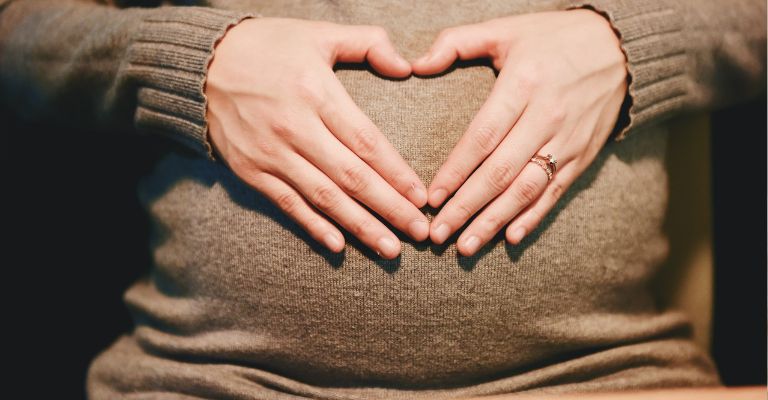What is Child Bearing Maintenance?
Child Bearing Maintenance is a legal right that may be claimed by a mother during or after child birth on the father for expenses related to childbearing.

It is not commonly known but these expenses can be claimed by an unmarried or non-cohabiting mother during the period before or after her child's birth.
It is sometimes referred to as childbearing expenses or childbirth maintenance.
In this context, the father of the child has a legal obligation to provide a "proper contribution" towards the financial support of the mother and the reasonable medical expenses incurred during the pregnancy and childbirth.
In the unfortunate event that either the mother or child passes away as a result of the pregnancy or birth, the father is also liable to contribute towards funeral expenses.
What is the Childbirth Maintenance Period?
The period of childbirth maintenance begins as early as two months before the child's birth and extends up to three months following the birth of the child.
What does the Court consider?
The Court will take a few factors into consideration including:
- Income - the income and assets of both parents
- Expenses - the costs of each parent to maintain their lifestyle and anyone else who is financially dependent on them (eg other children)
- Other unique circumstances - any other elements that need to be considered, case by case.
It's important to note that:
- The court won't consider the mother's ability to obtain an income-tested pension, allowance, or Centrelink benefits when assessing her income.
- Maternity leave payments from her employer will be counted.
The court then makes a decision based on the facts of each individual case about whether or not a maintenance order should be ordered. If paternity is disputed, there will need to be evidence establishing paternity of the child.
In such cases, orders made for DNA testing or other paternity testing may be required.
Orders Court Can Make
The court has extensive powers to issue orders regarding childbirth maintenance. Such orders may include: regular payments to the mother, such as weekly or fortnightly payments, or a lump-sum payment.
However, the mother should anticipate being required to provide receipts for any specific expenses incurred, such as doctor's visits. It's worth noting that the court will only consider amounts after any Medicare or private health rebates have been applied.
Applications to the court for childbirth maintenance are uncommon. This is most likely due to the specific circumstances that must exist to make an application possible - specifically, that the mother and father are not married and are living separately during the childbirth maintenance period.
Perhaps counter-intuitively, the need for the parents to be unmarried means that in a scenario where a married couple separates before the childbirth maintenance period, the mother will be unable to make this kind of claim. It can only be made by unmarried couples.
Based on previous court rulings, fathers are typically required to pay at least a portion of the mother's reasonable medical expenses, and in some cases, part of the mother's loss of income during the pregnancy.
The Time Limit for Claiming Child Bearing Maintenance
To make an application for childbirth maintenance, a mother must do so within 12 months of the child's birth.
The court may grant an extension of time only if it is satisfied that there would be significant hardship to the mother or child if an extension was not permitted.
What sort of orders can be made for Child Bearing Maintenance?
The court has a wide discretion regarding the orders that can be made for childbirth maintenance, which may include:
- Payment of a lump sum
- Payment of an allowance, whether it's weekly or monthly
- Orders for transfer of property in suitable cases
The court also has powers to make urgent orders for maintenance when there is an immediate need for financial assistance.
How are payments enforced?
If you receive an order for the father of your child to cover childbearing expenses or to pay for childbearing maintenance, it cannot be registered with the Child Support agency for collection.
Unlike other types of child maintenance and spousal maintenance orders, these specific orders can only be enforced by a court.
This means that if the father fails to make the required payments, you will need to return to court to seek enforcement of the order. It is important to keep detailed records of all payments made and any receipts for expenses, as you may need to provide evidence in court.
If you need legal assistance with this, or any family law matter, get in touch with our firm.


